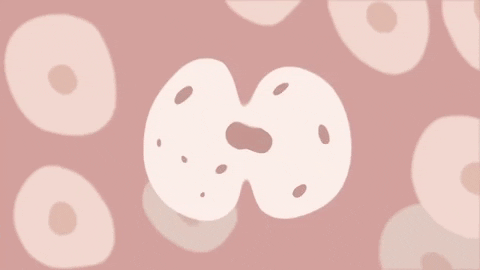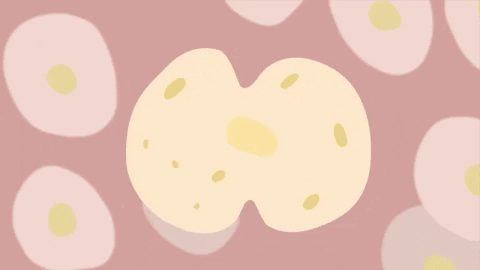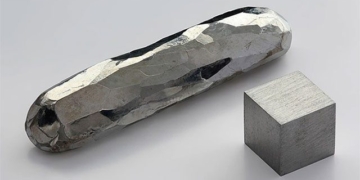A French woman named Jeanne Calment lived to be 122 years old, making her the oldest person in history. In fact, reaching this age is a challenge that very few, if any, people can achieve.
The human body is not designed for prolonged life and is typically limited to around 90 years. So why do we age, and what does aging truly mean?

Aging occurs as the body interacts with external environments such as light, toxins in the air, water, and diet, causing structural and functional changes in the body’s cells. These changes lead to a decline in function and ultimately, the gradual death of the entire organism. Scientists have identified changes ranging from genetic alterations to diminished cellular self-repair abilities that contribute to aging.

Firstly, over time, our bodies accumulate genetic damage through damage to DNA. This process occurs naturally as DNA replicates itself, as well as in non-dividing cells. Organelles like mitochondria are particularly vulnerable to this damage. Mitochondria produce adenosine triphosphate, or ATP, the primary energy source for all cellular metabolic processes; moreover, mitochondria regulate many other cellular activities and play a crucial role in determining cell death. If mitochondrial function declines, the cells and organs associated will gradually deteriorate.

Other changes occur through gene expression. Genes that are less active in infants become more active in older adults, leading to the development of age-related degenerative diseases such as Alzheimer’s.
The reality is that cellular regeneration decreases as we age. The DNA in our cells is bundled within chromosomes, each having two protected regions at the ends called telomeres. These ends shorten each time a cell divides. When telomeres become too short, the cell stops dividing and dies, slowing the body’s ability to recover. This mechanism halts the cell life cycle in response to threats, such as when cancer cells proliferate excessively. However, this response occurs more frequently as we age, hindering cell growth and reducing their ability to divide.

Aging also affects stem cells located deep within tissues, which have the ability to replicate indefinitely to replace other cells. As we age, the number of stem cells gradually decreases, and their regenerative capacity diminishes, impacting tissue regeneration and the maintenance of the primary functions of organs.

Other changes revolve around the functionality of cells. As they age, they lose their ability to regulate proteins, leading to the accumulation of toxins. Communication between cells also slows down, ultimately destroying the body’s functions.
There is still much we do not understand about aging. Ultimately, can our lives be extended by nutrition, exercise, medication, or something else? Will future technologies like nanobots repairing cells or gene therapy help prolong our lives? And do we truly want to live longer?





















































